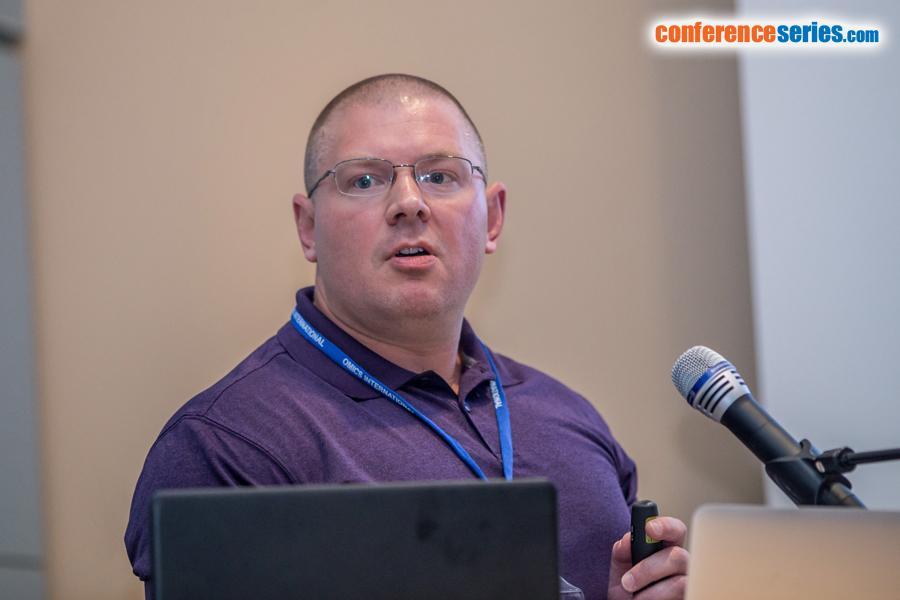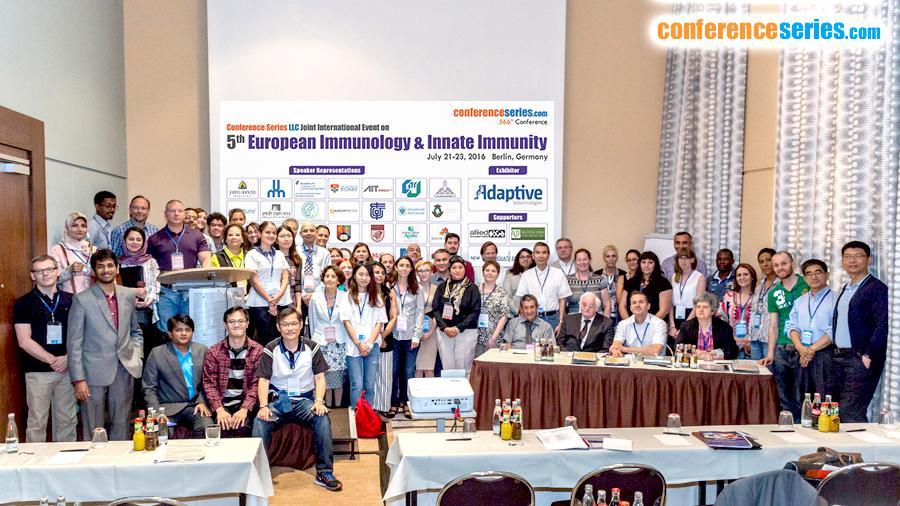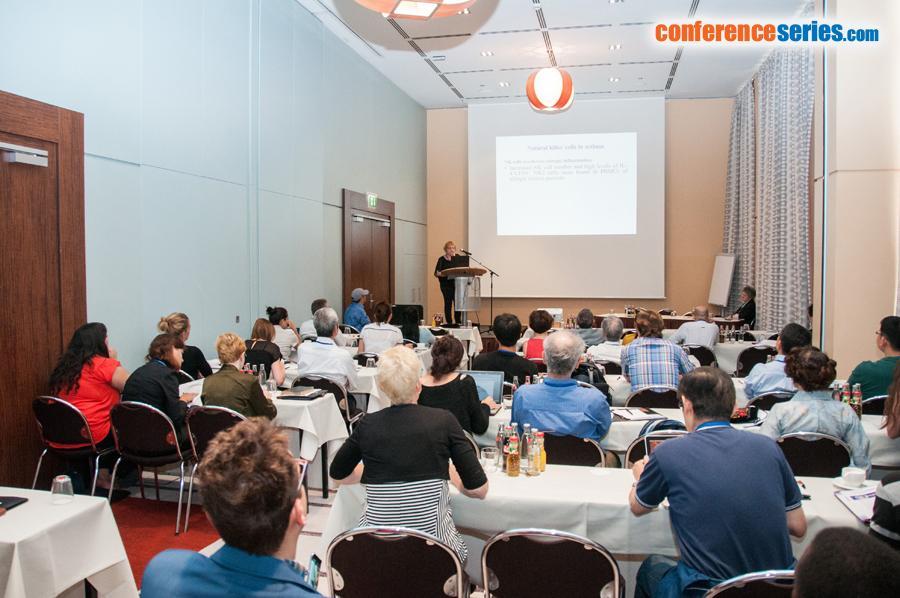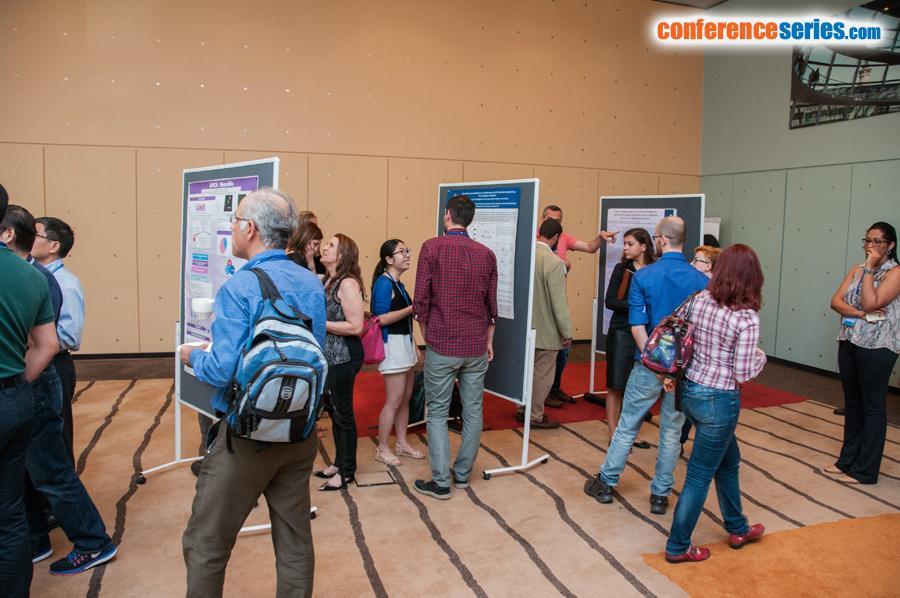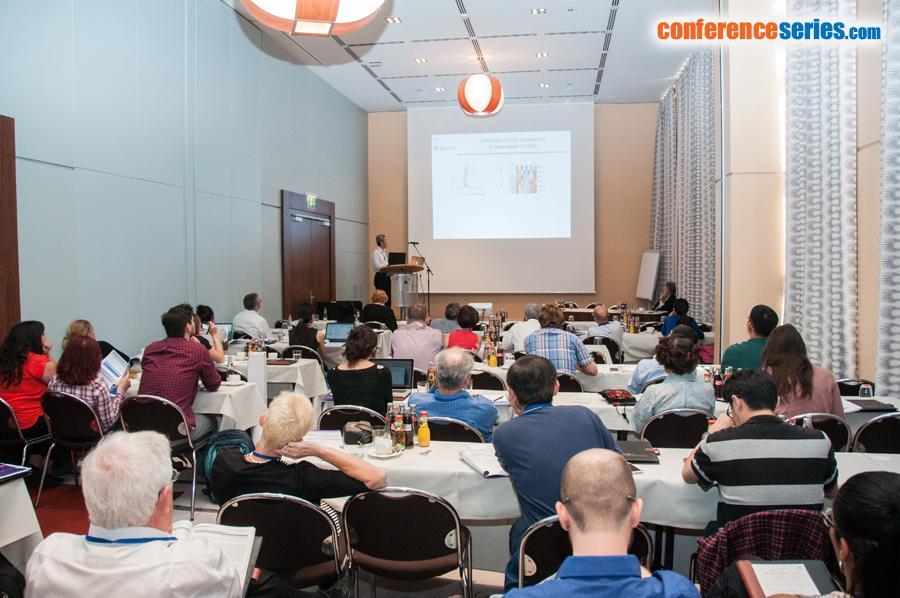Philip R Hardwidge
Kansas State University, USA
Title: Citrobacter rodentium NleB blocks TRAF3 K63-linked ubiquitination to inhibit interferon-β production
Biography
Biography: Philip R Hardwidge
Abstract
Many bacterial pathogens utilize a type-III secretion system (T3SS) to inject virulence proteins (effectors) into host cells to subvert various biological functions. Effector subversion of pro-inflammatory host responses is well studied, but less attention has been given to the potential inhibition of host interferon (IFN) signaling. Type-I IFNs are important both to maintaining intestinal homeostasis and to responding to pathogen infection. Pathogens have evolved strategies to interfere with host type-I IFN production. A recent study found both that IFN-β is induced by enteropathogenic E. coli (EPEC) infection and that the EPEC T3SS effector NleD inhibits IFN-β induction. IFN expression is known to be important to limiting Citrobacter rodentium infection but whether C. rodentium T3SS effectors inhibit host IFN-β induction is unclear. We screened C. rodentium strains bearing deletions in individual T3SS effectors to determine the extent to which this pathogen might inhibit the host IFN-β response. To determine if C. rodentium T3SS effectors inhibit the host type-I IFN response, we monitored the survival of a recombinant vesicular stomatitis virus (VSV). Since TRAF3 is critical to IFN signaling, we also monitored effector mediated inhibition of the TNF receptor (TNFR) associated factor 3 (TRAF3) ubiquitination in RAW264.7 cells. Supernatants from cells infected with C. rodentium escN inhibited VSV to levels similar to those induced by LPS treatment. By contrast, supernatants from cells infected with WT C. rodentium did not inhibit VSV-GFP growth. These data suggested that a T3SS-effector inhibits the production of a host factor involved in virus inhibition. We then infected HeLa cells with C. rodentium strains lacking individual T3SS effector genes and screened the cell supernatants for anti-viral activity. ï„nleB inhibited virus replication most significantly. By monitoring TRAF3 activity in C. rodentium infected cells, we also revealed the selective impact of NleB on K63 linked TRAF3 ubiquitination. We conclude that the T3SS effector NleB inhibits host IFN-β production by reducing the extent of the activation associated K63 linked TRAF3 ubiquitination.


